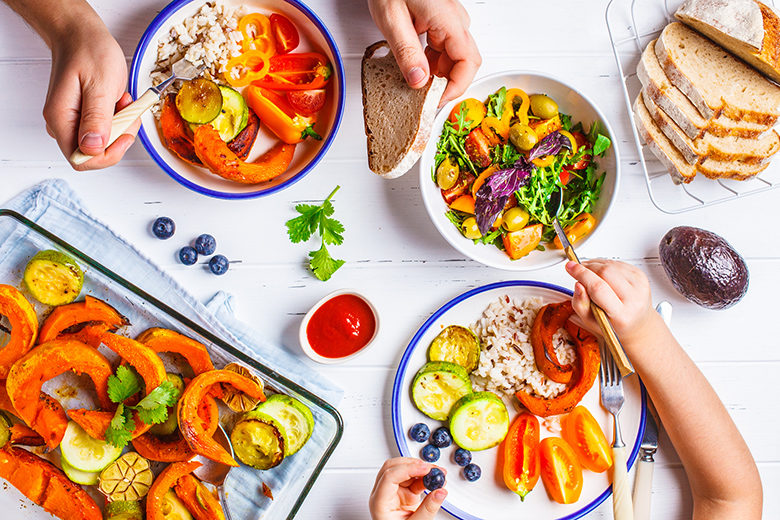
I am incredibly interested in the thoughts, feelings and meaning attached to food and eating. Just notice what comes up for you when you read the following terms:
- Clean eating
- Junk food
- I’ve been good today
If you’re like most people, these terms elicit some sort of a reaction. That’s because in most Westernized countries we have developed a very strong narrative about what eating “should” look like. And thanks to the dieting industry, food is calculated, analyzed, tracked and tallied rather than tasted, felt, experienced and enjoyed.
So in honor of National Junk Food Day I’d like to share with you a couple tidbits of information to consider.
#1 Labeling a food as junk, bad, or sinful increases our feelings of guilt for eating them. Additionally, research shows that depriving ourselves of “bad” food and adequate calories actually leads to a stronger pleasure response in the brain when consumed. Hence, the more naughty a food becomes, the more you want it and a lot of it!
#2 Conversely, very promising research shows that when food is experienced with attention to taste, texture, hunger and fullness it leads to healthier eating patterns. Outcomes seem to be better when compared to traditional dieting strategies that are cognitively based like counting calories or measuring portion sizes.
I’d like to challenge each of you to pay attention to the physical experience of eating. Even on “junk food day” get out of your head (i.e. this is bad I shouldn’t be eating this, how much is a portion size again?) and sit back and experience your Cheetos and Oreos. Notice how they taste in your mouth, sit in your belly, and feel in your body after you have eaten them. How do those foods work in your body after the yummy aftertaste is gone?
Judgment and food labels only magnify the chatter in our brains. This obstructs our body’s ability to truly communicate what it means to be healthy. When you get out of your head and into your body, you’ll start to notice some amazing things. Our body yearns for balance and nutrition. Give it a try, you may be surprised about what you discover when you truly listen.
Sources
- Stice E, et al. Caloric deprivation increases responsivity of attention and reward brain regions to intake, anticipated intake, and images of palatable foods. NeuroImage 67 (2013): 322-330.
- Gravel K, Deslauriers A, Watiez M, Dumont M, Dufour Bouchard AA, Provencher V. ( Jan 2014). Sensory-Based Nutrition Pilot Intervention for Women. J Acad Nutr Diet.114:99-106







